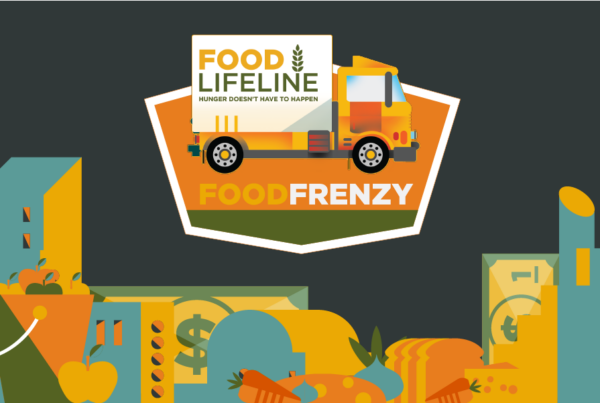Not always having access to the food you need or only having access to poor quality food impacts your health. Several studies have shown that living in a household with little or no access to healthy food or where it is not clear when or where your next meal will come from increases the risk of diabetes, heart disease, and high blood pressure. People don’t feel good when they are hungry—period.
But hunger doesn’t only affect our physical health, it also has an impact on our mental health. This is especially true for one our most vulnerable populations—adolescents that are growing and developing at a rapid rate. A new study reveals that children between the ages of 12 and 16 years old that live in food insecure households are twice as likely to have emotional or conduct problems. The study uses data from a 2007 survey that asked parents if they had trouble meeting their food needs over a year period and how this might have impacted their child’s emotional state and behavior.
The study found that more than a quarter of adolescents that live in food insecure households struggle with their mental health. Teens that are food insecure often experience stress from not knowing where their next meal will come from and from being hungry or nutrient deficient. These teens had higher rates of misconduct, hyperactivity, and problems with their peers.
Nearly 20% of households with children under the age of 18 experience food insecurity in the U.S., making early identification of risk factors for food insecurity and mental health critical. Pediatricians are instrumental in identifying these risks and connecting families to available food resources in their community. We are excited that the American Academy of Pediatrics (AAP) released a policy statement late last year that included the first ever recommendation that pediatricians screen all children food insecurity. This is a crucial first step in combating adolescent hunger. Read the full policy statement here.





